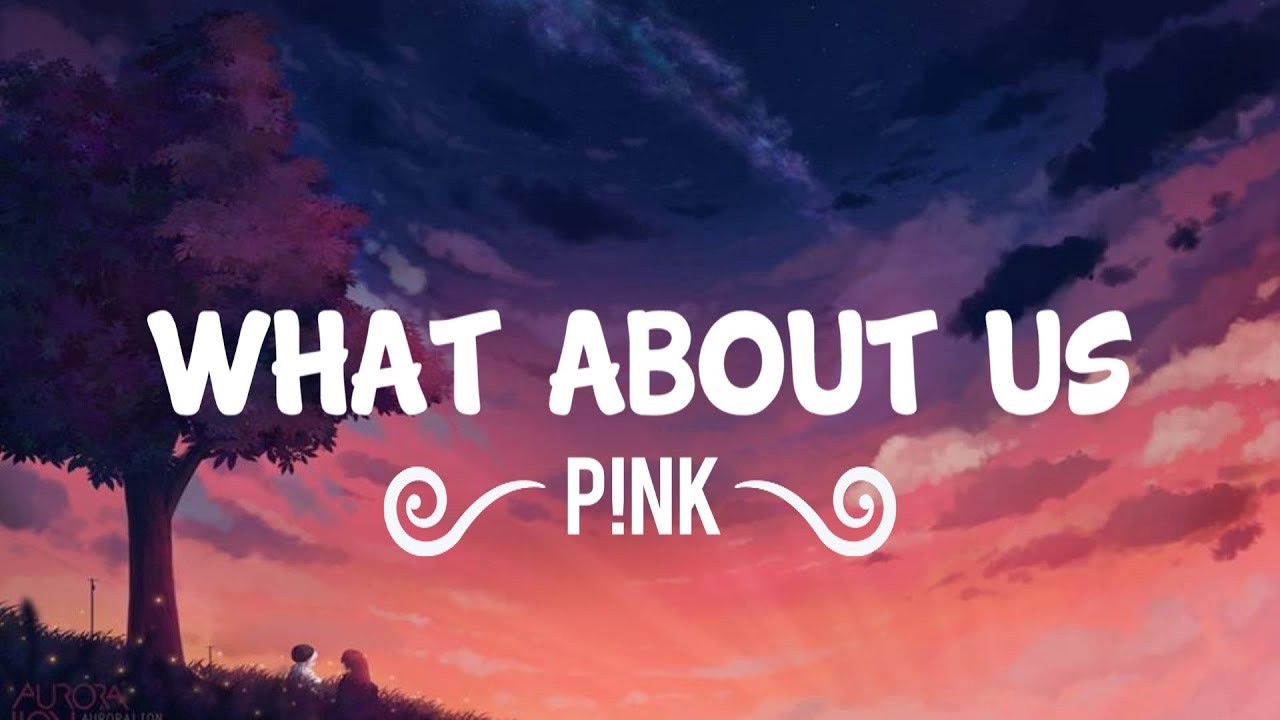Katy wanted a woke millennial angst anthem, but Chained To The Rhythm sounds calculated and insincere. P!nk?s instant hit expresses the emotional tumult of 2017?s disheartened young people much better.

Pop rarely does politics well. Lyrically, pop is obsessed with age-old concerns of all people. The genre rewrites universal experiences of life over and over. It does love very well. It rephrases joy, disappointment, anger, excitement, and hope. Every year that seismic political events occupy the public?s attention, pop stars try to cash in. And this era is defined by millennial discontent at the state of the world. Donald Trump?s election and rising prevalence of explicit neo-nazism in America has politicised US pop music. Every artist at every award show has a statement on it.
Katy Perry did on her song Chained To The Rhythm. Before I hate on the record, it?s worth saying that it has done very, very well. It went to number one on national charts in dozens of countries. It received five nominations for the VMAs. And it?s nice enough.
But it secured nominations for it?s music video, not the song itself. It features Skip Marley. Any record that is heavily punted by Katy Perry and Skip Marley will get enough attention to get airplay. And it is the lead single of Perry?s fifth album. Any lead single off a new album by one of the biggest pop stars in history just will chart.
Chained To The Rhythm does not sound authentic when it?s Lyrics need it to
The song?s lyrics are a strange rebuke of those who enjoy their lives while staying blissfully unaware of some brokenness in their ?bubbles? and the wider world. She begins with the line ?Are we crazy, living our lives through a lens?, but quickly distances herself from the ?comfortable ornaments? happily numb? and suggests that they are trapped in a ?utopia where nothing will ever be enough? we cannot see the trouble?. She sings that the enormous machine has us locked into an endless, meaningless lifestyle that stops us from seeing issues and affecting change.
Are we tone deaf?Keep sweeping it under the matThought we could do better than thatI hope we can
But ?we? won?t because we have rose-coloured glasses on and are chained to the rhythm.
Unless Katy has an extraordinary flair for irony, this does not gel with the pop sound she recorded the vocal on.
Because it?s a party number. It has a rousing dancehall meets disco theme. It has a carefully-built drop, a jaunty, uplifting mood, and a sing-along vocal structure. It is designed to get you moving. It?s a classic pop song, and pop is an attempt to cannibalise anything to keep selling. There is virtually never sincerity to the lyrical message. Pop DOES want you to keep on dancing without stopping to think and do anything different.
The successful formula for a pop song today is: a strong beat (tick); tropical house samples (tick); sultry, alluring vocals by a white female singer (tick); and a spoken word (usually rap) feature by a black artist (tick). Chained To The Rhythm?s lyrics try to be subversive, but the music and singing styles are so calculated to fit today?s most popular sound that Katy sounds totally insincere.
Katy?s words rebuke people?s soulless, machinated lives, but she doesn?t sound upset. Anyone who cannot understand her words and only encounter her voice would not say that she is angsty or angry. Her tone is nonchalant and smooth. The sound does not convey the sentiment.
Literally no one hears this song and thinks ?Fuck, Katy gets me. She is expressing my emotions when I feel down and trapped because this unforgiving life really sucks.? Chained To The Rhythm is an explicit political statement, in a highly-politicized moment. It completely fails to elicit the sense of desolation that the lyrics imply.
P!nk gets Us
P!nk?s What About Us is much better. Its lyrics are quite similar to Perry?s initially. What About Us also begins with a rebuke, but P!nk chastises an enemy of the people she identifies with. ?We are billions of beautiful hearts,? she sings, ?and you sold us down the river too far.? But P!nk doesn?t build her record on attacks. She uses rhetorical questions.
What about us?What about all the times you said you had the answers?What about us?What about all the broken happy ever afters?Oh, what about us?What about all the plans that ended in disaster?Oh, what about love? What about trust?What about us?
These lyrics so aptly capture the frustration and confusion of young people in a Western society that promises glorious dreams and rarely delivers. Pop music is part of a dominant marketing narrative that sells aspirational messages to millennials. When youngsters then encounter the world as adults, they struggle to find jobs, most opportunities are beset by crippling debt, they feel excluded from decision-making centres in their societies, and they experience a depressing world that they can have little effect on. Especially in this fraught time of Trump?s presidency and rising public bigotry, it is natural to feel duped. This is not the life the music and movies and inspirational influencers on social media sold us.
P!nk?s lyrics capture this sense of disheartened loss. Underlying each line is the core idea ?did none of those things we were told matter??. It?s sung from a position of youth and exclusion. ?What about all the times you said you had the answers? is the kind of question people ask authority figures, and parents specifically. ?Broken happy ever afters? love? trust? are romanticized concepts that fill children?s movies and books, and pop songs. ?What about us? is the voice of the discounted. When people just don?t know how to deal with lives gone wrong, or who to blame, or what to do, they usually just have exasperated questions.
So P!nk makes a a fundamentally relatable political statement on this moment that expresses the collective millennial feeling of being done an injustice. The lyric meaning is more accessible and better-articulated than Chained To The Rhythm.
P!nk sounds like the Anguish in her Lyrics
Crucially, P!nk got the voice and music right. She opens softly, in a quiet, slow voice that feels intimate and vulnerable because she allows her voice to waver. As the chorus builds, she sings with more power, and clips her voice at the end of words. She seems angered. And then she belts a howl of anguish. There is so much feeling in her voice. The drums and synths fluctuate in tempo and intensity as her words do. So the record sounds sincere. You really get the feeling that P!nk is suffering, and has designed the music to reflect that desolation.
Most listeners would consider What About Us a pop song. It can definitely get dancers moving. But such an authentic feeling of discontent means that it will never become a comfortable, palatable dance-floor banger. P!nk really provokes deep feeling. Her vocal demands that you contemplate the words. Chained To The Rhythm, by contrast, can easily play without getting your attention. It is destined for a long life as muzak. What About Us is not shopping mall music. It?s more impactful. It?s sentiment provokes conscious thought.
P!nk decided to make a song that put authenticity ahead of commercial success, and so did not bow to the ideals of pop. Katy made a record that tried to feed of listeners? anger in this moment, but first and foremost she made an easy-listening money-maker. P!nk?s record embodies the emotional tumult of this moment. Katy?s does not.


